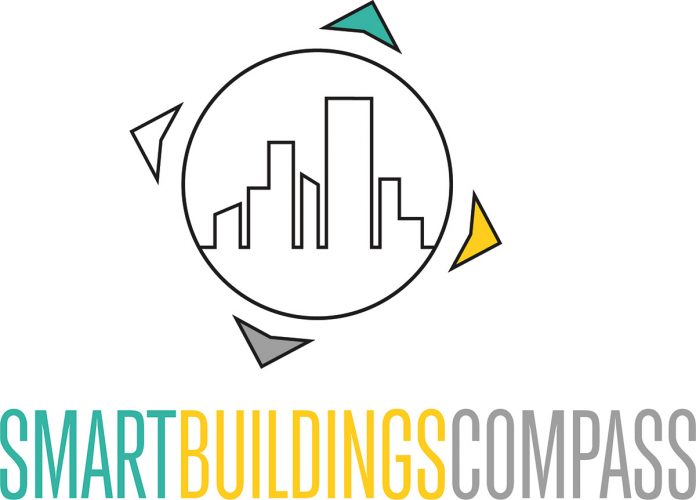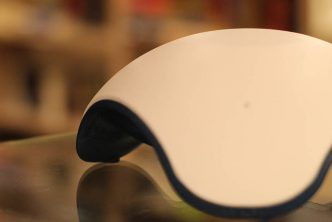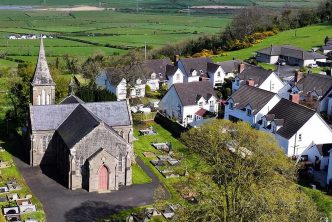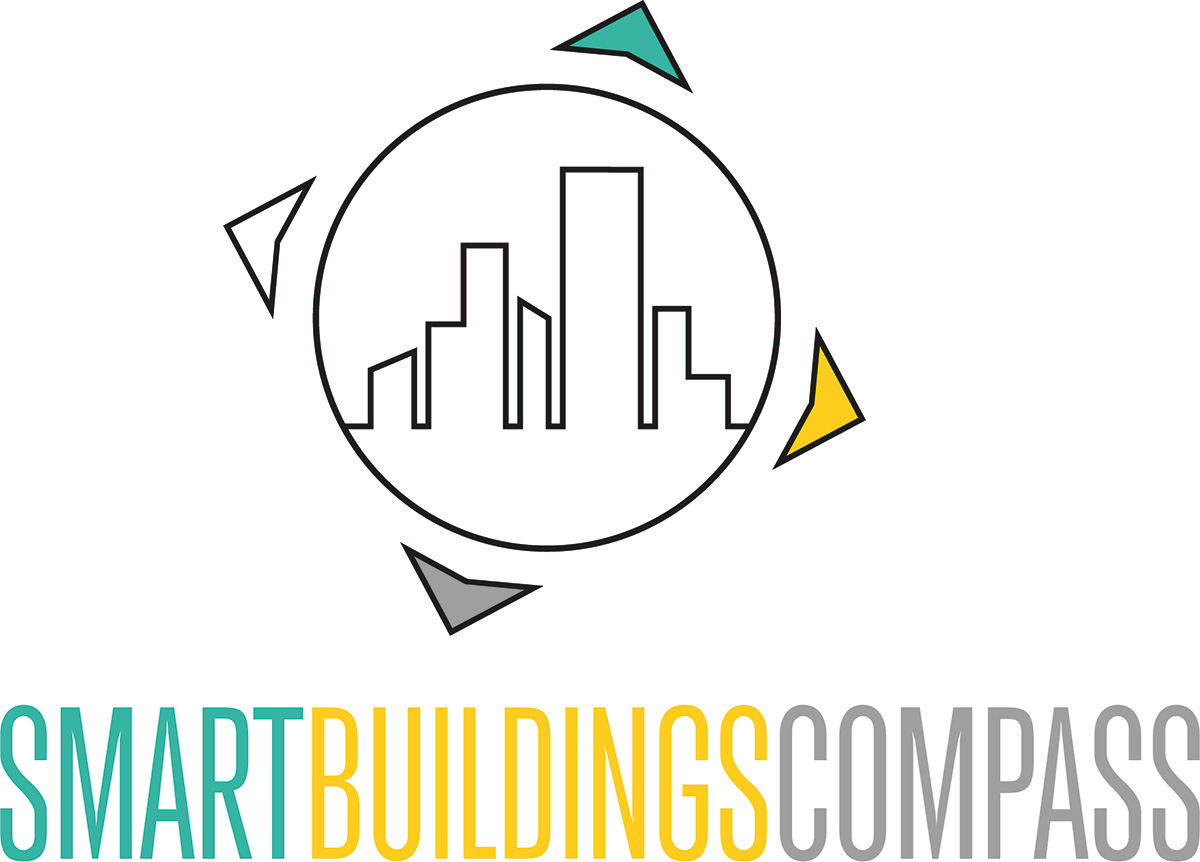Information technology (IT) is a collective term for all techniques related to electronic data acquisition, storage and processing. IT can be understood as the application of the more theoretically inclined computer science and is thus also the link between people and technology, i.e. computer science and electrical engineering.
IT primarily includes all hardware-related technologies, such as network applications, database applications, office communication applications as well as the classic activities of software engineering. A small part of information technology is computer science . It is actually an artificial word made up of information and mathematics. Computer science describes the science of software development and the systematic processing of information. In a way, computer science is a part of IT.
IT can be divided into 4 areas:
- Communications IT (= telecommunications)
- Industrial IT (= machines & software)
- Business IT (= trade, insurance, banking & tax)
- Entertainment IT (= media and gaming)
The professions are very diverse, but in principle, information technicians work in all sectors of the economy. Still, some specialize in a particular industry. Example areas in the IT and Development career field would include :
- Software development
- System Administration
- Business Informatics
- Hardware development
- Web development
- Mobile Development
What does this have to do with building technology? Intelligent systems are already on the rise in buildings, and more and more of them are being built every year. In Austria, around one in every six to seven new buildings is smart, and in Germany, one in every two to three new buildings is smart. So it’s no longer a question of whether or not to embrace smart technology – it’s just a matter of time. Consulting will increasingly shift to smart technologies. So even those who don’t want to lose touch with their customers should look into intelligent building technology.
Image: Shutterstock






